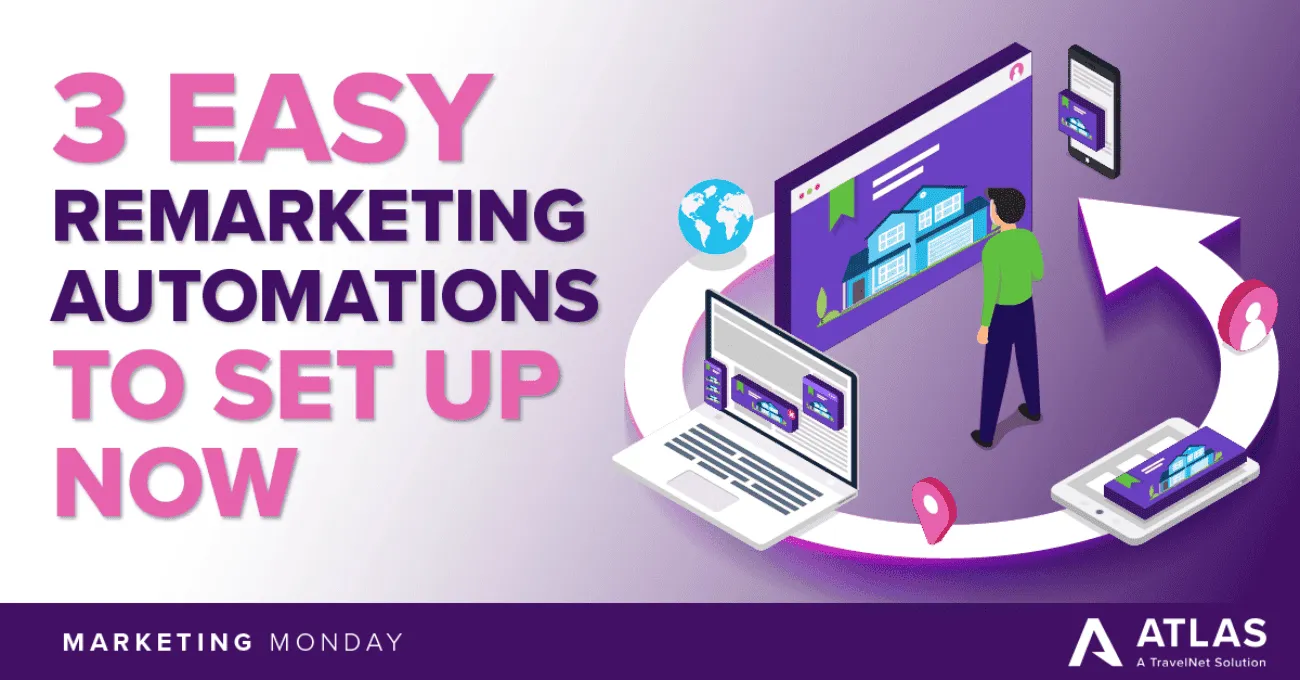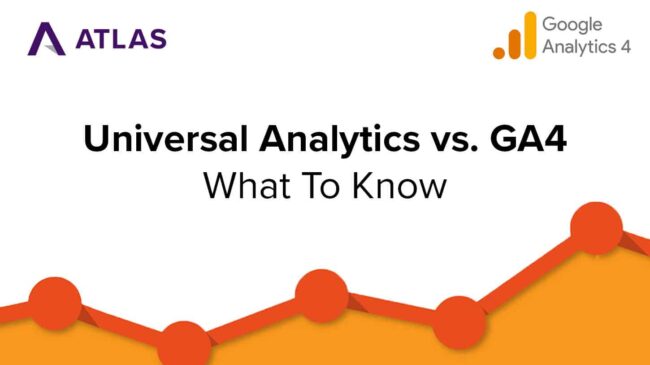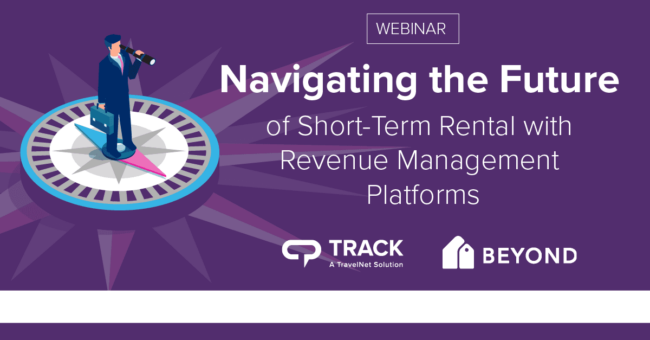3 Easy Remarketing Automations To Set Up Now

Remarketing, sometimes called retargeting, is one of the cheapest paths to a conversion you can possibly employ. Put simply, it is a way to use lead data to create touchpoints that improve the chances of a booking. We are all besieged by marketing messages, and most get lost in the noise. But quite a few businesses, especially in hospitality, don’t send enough messages to improve their chances. It’s like the difference between buying one raffle ticket or five.
If you’re not remarketing, you’re missing out on a proven method to drive more conversions. Here are three no-brainer remarketing tactics you can automate right now.
Cart abandonment
If you shop regularly online, you’re already familiar with cart abandonment
Remarketing is a powerful tool, but it can be tricky to do it right. The Atlas Digital Marketing Services team can show you all the actionable data you already have and how to get more, then use that data to drive more bookings than ever!remarketing. You put an item in your cart, forget about it or intend to come back later, and after a few days, you get an email reminding you to complete your purchase, maybe even sweetening the pot with an offer of free shipping or a small coupon code.
The same tactic may be possible with your booking engine, but only if you capture the guest’s email. This is why setting up an account is nearly always the first step in a checkout process, whether you’re talking retail or hospitality. You don’t have to go that far, but try to capture that email as early as possible in the booking process.
Cart abandonment is high in the travel industry. With OTAs, it’s as high as 89% (!). That’s because most guests will want to see the final tally, inclusive of taxes and fees, before they book. But as long as you capture that email, you can reach out to guests a day or two later with a gentle nudge to complete their booking or some other enticement.
Past, or lapsed guests
This tactic overlaps with regular drip campaigns, which target stages in the booking journey and are time- or trigger-based. Time-based automations such as a booking anniversary, for example, are a form of remarketing.
If business is slow, reaching out in targeted ways to past guests who haven’t interacted with you recently helps remind them you exist and can call attention to changes that may have occurred since their last stay. For example, the renovation of a pool or a new direct flight added to your area.
The more time that has elapsed since their stay, the more risks you can (and should) take with the messaging, subject lines in particular, e.g., “Was it something we said?”
Google Ad and Meta Search Remarketing
Remarketing is deeply integrated into the Google Ad framework. Since Google tags can track clicks through to conversions, you can use that data to deliver different ads to guests as they move through the decision-making process. In this case, Google is handling the automation.
This type of remarketing delivers highly targeted remarketing ads to potential or past guests based on how they interact with your PPC campaigns and your website. You can even use the specifics of those interactions to group, or segment those visitors into lists or use customer data you already have to reach them across other Google products (if they have Google accounts).
Meta search remarketing is similar to Google Ads, but collects the data from meta searches or aggregators such as Trivago or Kayak.



